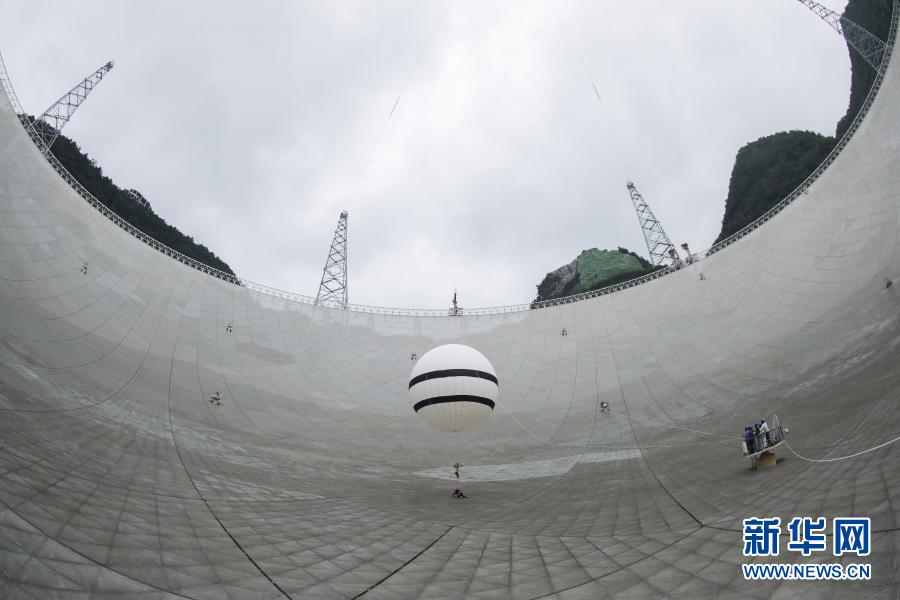How-to China: Sky eye wide open


What difficulties arose in building the telescope and how were they overcome?
Lin: In the beginning we made a lot of investigations on the landscape and geology to find an ideal location. For about 10 years, researchers trudged over hills and dales, learning the surrounding farming conditions and asking farmers about climate. Guizhou also tried to produce components for FAST, but only a few were selected for manufacture.
Operation and maintenance are essential to guarantee normal space observations. Since 2017, the team has developed what are called microgravity spidermen — maintenance workers suspended by helium balloons to reduce weight — so they can do inspections anywhere with minimum impact on the big device.
However, with its high cost, low efficiency and safety risks, the Guizhou Science and Technology Department proposed the development of an intelligent maintenance system that would use robots instead of humans.
Jiang: Robots can work in dangerous areas that humans cannot reach and can operate despite factors such as weather. These will greatly increase safety and automation. The first robot is expected to be put into trial operation in July.























